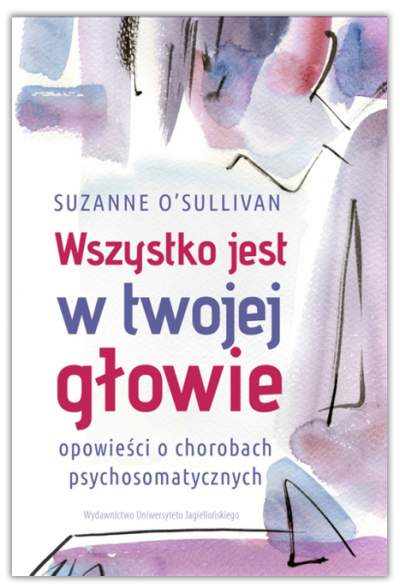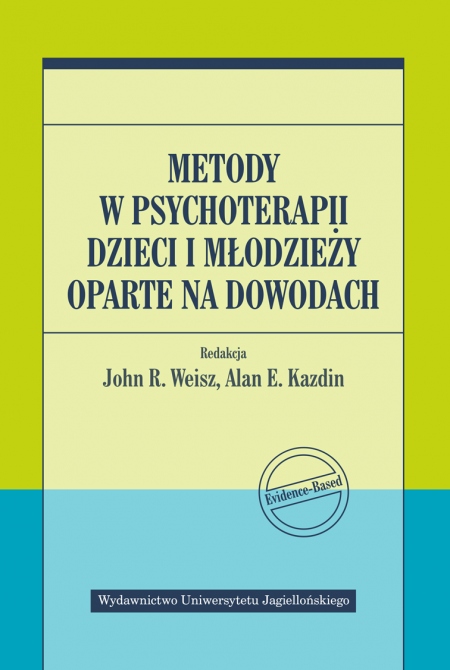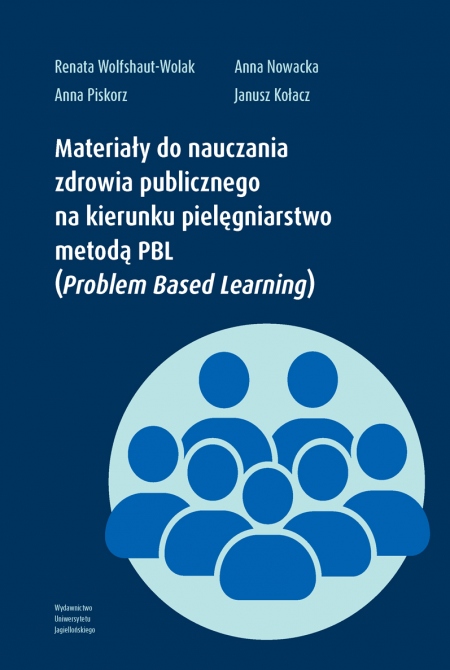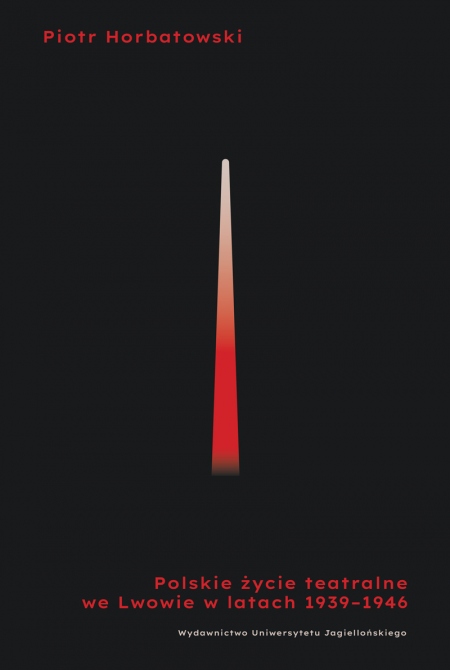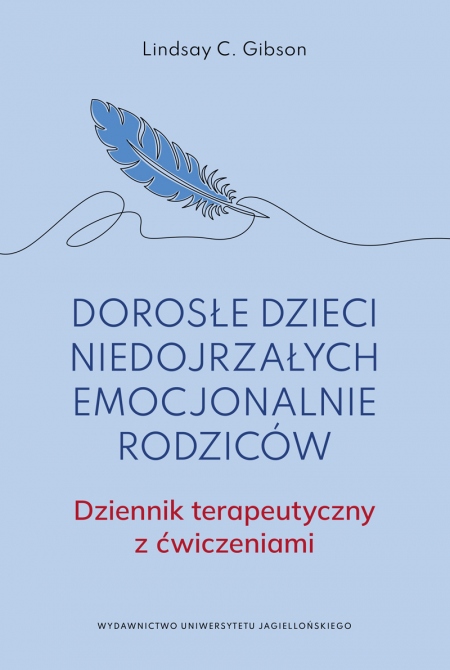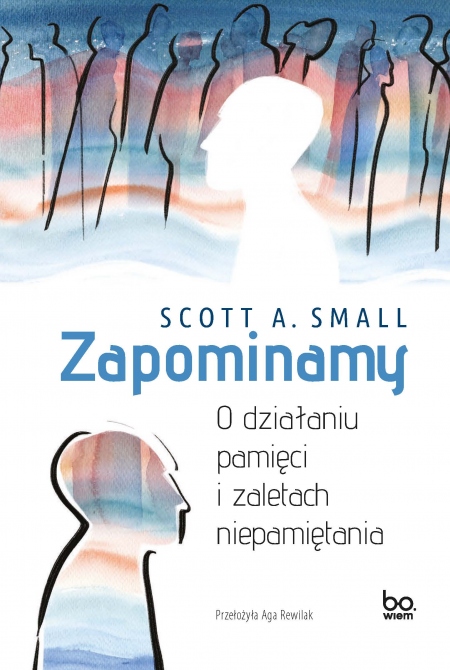
Zapominamy
O działaniu pamięci i zaletach niepamiętania
Translation: Aga Rewilak
Science Editor: lek. Katarzyna Sawczyńska
Series: Seria z Linią
Pages: 224
Book format: 14x21 cm
Publication date: 2023
Release date: 24.04.2023
E-book publication date: 31.05.2023
Book description
Who wouldn’t want a better memory? Dr. Scott Small has dedicated his career to understanding why memory forsakes us. As director of the Alzheimer’s Disease Research Center at Columbia University, he focuses largely on patients who experience pathological forgetting, and it is in contrast to their suffering that normal forgetting, which we experience every day, appears in sharp relief.
Until recently, most everyone—memory scientists included—believed that forgetting served no purpose. But new research in psychology, neurobiology, medicine, and computer science tells a different story. Forgetting is not a failure of our minds. It’s not even a benign glitch. It is, in fact, good for us—and, alongside memory, it is a required function for our minds to work best.
Until recently, most everyone—memory scientists included—believed that forgetting served no purpose. But new research in psychology, neurobiology, medicine, and computer science tells a different story. Forgetting is not a failure of our minds. It’s not even a benign glitch. It is, in fact, good for us—and, alongside memory, it is a required function for our minds to work best.
Abour author
Scott A. Small is a physician specializing in aging and dementia and a professor of neurology and psychiatry at Columbia University, where he is the director of the Alzheimer’s Disease Research Center. He has run a National Institutes of Health–funded laboratory for over twenty years and has published more than 140 studies on memory function and malfunction, research that has been covered by The New York Times, The New Yorker, and Time. His insight into Alzheimer’s disease recently led to the formation of Retromer Therapeutics, a new biotechnology company which he co-founded. He was raised in Israel and lives in New York City.
About series
Language
Polish
Title in English
Forgetting: The Benefits of Not Remembering
Edition
first
Authors
Scott A. Small
Translation
Aga Rewilak
Cover design
Małgorzata Flis
ISBN: 978-83-233-5238-9
e-ISBN (mobi,epub): 978-83-233-7463-3
Country of producer: Poland
RECOMMENDED BOOKS
105.00
zł
84.00
zł
NEW BOOKS

Choose chapters to buy:
Order value:
0.00 zł
